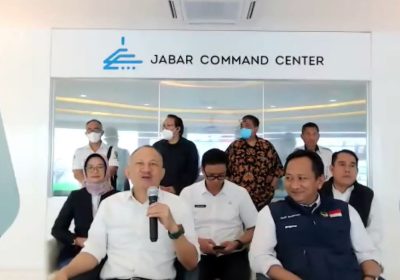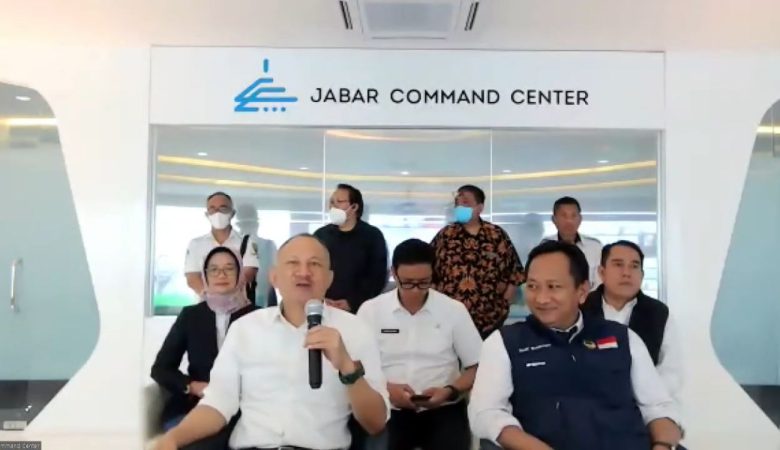Oxford-Indonesia Forum 2015 was held at University of Oxford and divided into two events; panel discussion at Jesus College and gala formal dinner at Trinity College. There were more than 100 participants from academics and institutions. It aims to connect amongs universities, practitioners, scholars, policy makers, and the Indonesian governments. The theme of this year was ‘Smart Green Development of Indonesia’, which meant to find out solutions in order to facing the challenges of sustainable developments. This event was opened by Prof. Nigel Shadbolt (Principal of Jesus College) and H.E. Mr. Teuku Muhammad Hamzah Thayeb (Ambassador of Republic of Indonesia to the UK and Republic of Ireland). Furthermore, there are some opinions and suggestions from panelists.
First section was presented by Mr. Nurul Ichwan (Director of Indonesia Investment Promotion Centre (London)) and discussed about green investment for green development. He said Indonesia has a lot of people and natural resources, but highly limited in the capabilities. He mentions challenges such as mindset (private sector and public sector), structural barrier, capital, and development of technology particularly support from developed countries.
Farid Subkhan (CEO of CitiAsia) illustrated his projects called ‘Building Sustainable Regions from Smart Readiness to Smart Green Economy’. He has nine priorities, but the important things are developing human capital, economic resilience (sustainability), clean government. Law enforcement is a key, followed by public participation, involvement and engagement.
The next section was joint-seminar from Dr. Tim Coles (Project Director and Founder of Operation Wallacea) and Prof. Martin Speight (Associate Prof of Agricultural & Forest Entomology). They were talking about their previous and on-going researches. They suggests, research tourism is one of the key business models that contributes not only to scientific research, but also brings positive economy and benefits to the local communities. Operation Wallacea has shown that they can develop a sustainable management practice through commercialization. The project purposes to conserve the ecosystem, started from assessing ecosystem diversity and function, monitoring ecosystem change and socio-economic change and establishing & monitoring the effectiveness of conservation management programmes. During the research, they have got problems, such as corruption and the difficulty in getting licenses to conduct research. For instance, a lot companies and organisations stopped investing in Indonesia because of problem with licensing.
The final section was a panel discussion and presented by Dr. Paul Jepson (Leader of Conservation Governance Lab), Dr. Mari Mulyani (postdoc School of Geography), Dr. Thomas Thornton (Director of MSc in Environmental Change and Management), Ms. Laksmi Dhewanthi (Senior Advisor to the Ministry on Industry and International Trade). Dr. Paul Jepson shared about adopting an asset-based approach in managing natural resource. Nature is an asset that can generate long-term value (change in mindset). He illustrated his case study at Mersey Valley, Manchester (1977-1990). It is about an investment to transform tip lands into a countryside asset. The impacts was to create a green image; attracts knowledge-based economy, enabled leisure department to expand recreational offer, property rises around the area.
Dr. Mari Mulyani shared the importance of having one map initiative – a credibly single map. However, there are some problems, such as overlapping land concession, land conflict, investment risk, environmental degradation. Different ministries use different data and methodology. As the result, there is no transparency in map-making. Policy actors put the interest of their respective ministries above public interest. She says, ‘How do we encourage public discourse?’. One of the possible answers is the government needs to convey its policy in languages and actions that are meaningful for regular people.
To sum up, implementing the smart green development is obviously required in every country/city, but we have to prepare the qualified human resources, a clear policy, involvement of stakeholders, improving technologies and researches and support from developed countries.






Leave a Reply